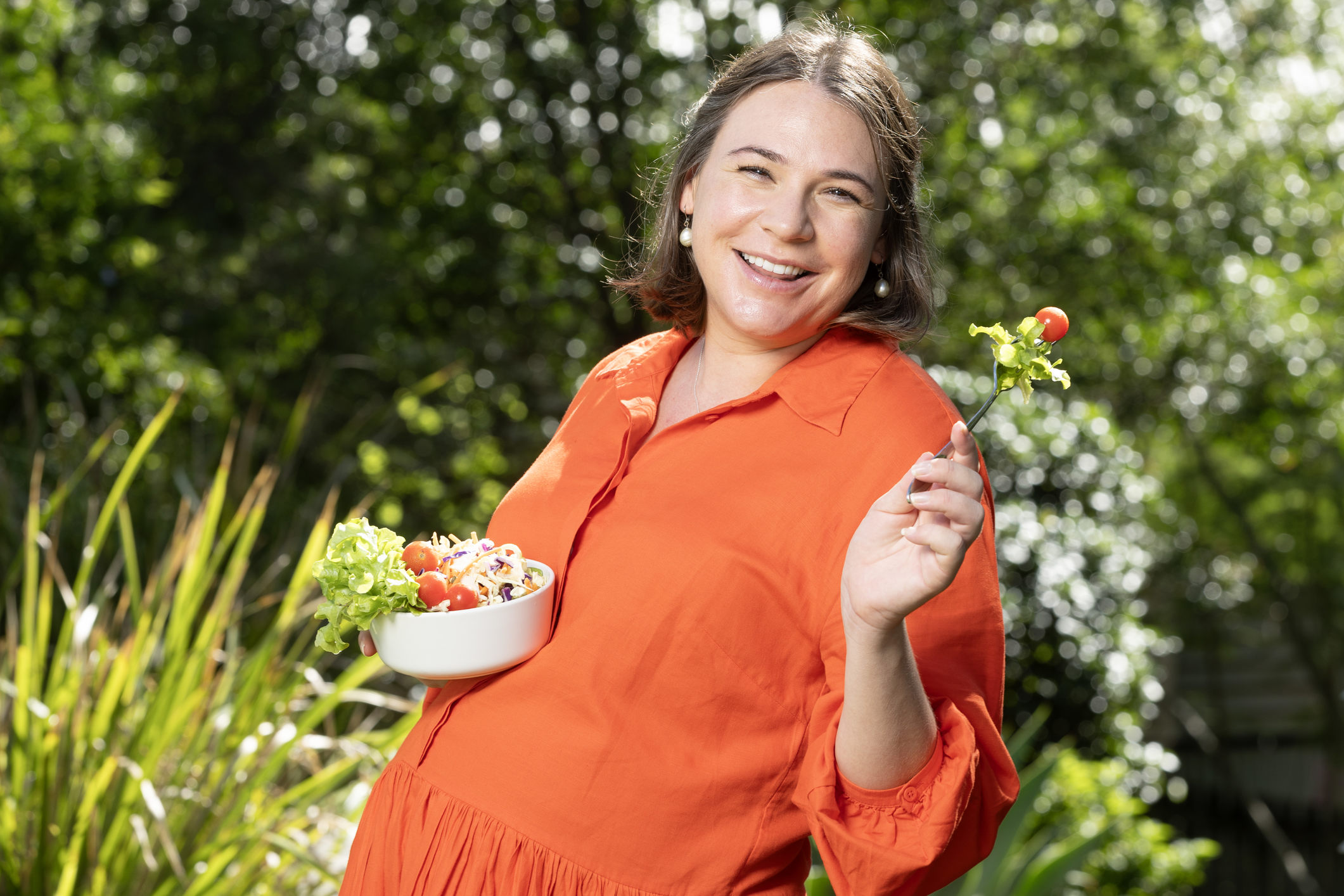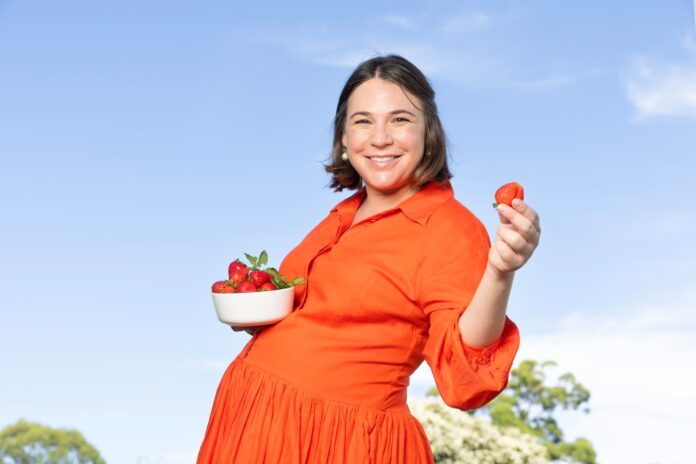Many pregnant women are relying too heavily on multivitamins instead of good food, according to new research.
The pilot study, led by UniSC health researcher Dr Linda Gallo and Associate Professor Shelley Wilkinson of Mater Research, warns this over-reliance could have potential harm during pregnancy and suggests increased dietician involvement in pregnancy care is needed.
The study, which has been published in the journal Maternal and Child Nutrition, involved surveys, health assessments and blood and plasma testing of pregnant women attending Brisbane’s Mater Mothers’ Hospital in 2019.
Almost 90 per cent of the 127 pregnant participants reported using supplements, with the majority choosing multivitamins in an effort to meet dietary intake guidelines for folate, iodine and iron.
Dr Gallo said the findings raised concerns about excess nutrient intake during pregnancy.
Do you have an opinion to share? Submit a Letter to the Editor at Sunshine Coast News via news@sunshinecoastnews.com.au. You must include your name and suburb.
“Many women are taking these supplements as a pregnancy ‘safeguard’ without considering potential harms,” she said via a UniSC and Mater Research media release.
“In this study, more than 80 percent of participants were still taking a multivitamin in the second trimester, which is not consistent with guidelines.”
Associate Professor Wilkinson said there was only two essential nutrients needed to be taken as a supplement or tablet during pregnancy.
“Unless a deficiency in other vitamins and minerals is shown, the recommendation is to take an extra 400 micrograms per day of folic acid from the month before pregnancy to three months after you become pregnant, as well as a supplement containing 150 micrograms of iodine,” she said.
“It’s really important to be careful that you aren’t overdosing on multivitamins – more is not always better – and mega doses of vitamins and minerals can be harmful to your baby.”

Dr Gallo said multivitamin use in high-income countries and high doses of folic acid, iron and iodine had been associated with negative outcomes for both mother and baby.
“These include gestational diabetes, preeclampsia, preterm birth, low birth weight, increased body fat and poorer neurodevelopmental outcomes,” she said.
The Australian Guide to Healthy Eating recommends a variety of nutritious foods in pregnancy, including whole fruits and vegetables of different types and colours, dairy or calcium-enriched alternatives, increased serves of wholegrains and iron-rich foods such as lean red meat or tofu.
Previous studies have indicated that less than 40 per cent of pregnant women eat the recommended serves of fruit, and less than 25 per cent eat the recommended serves of vegetables and legumes.
The study also revealed women who received private obstetric care and consumed meat-rich diets were more likely to use multivitamins in pregnancy.
Dr Gallo said that in high-income countries such as Australia, where food is plentiful and fortification is mandated, multivitamins should be used with greater caution in pregnancy.
“A varied wholefood diet offers superior benefits to supplements, although multivitamins may be appropriate for pregnant people who are unable to meet nutrient requirements through food alone,” she said.
Associate Professor Wilkinson’s advice for a healthy pregnancy is to take a “food first approach”.
“Food is where good nutrition starts – and it’s something that should be enjoyed too,” she said.
“Making good food choices will usually minimise any need for supplements and will help you have a healthy gut microbiome.”
The research forms part of long-term Queensland Family Cohort study, in collaboration with the University of Queensland, which has been analysing the health of Queensland families for five years.
Brisbane woman Claire Broesder, 30, is 37 weeks’ pregnant and due to give birth at Mater Mothers’ next month.
She has avoided all multivitamin supplements, but took the recommended folate supplements in her first trimester and was also prescribed an iron infusion by her doctor.
“During my pregnancy, especially in the second and third trimesters, I have been careful to eat a balanced, varied diet and it seems to be working,” she said.
“My baby is in one of the highest percentiles for growth and I can’t wait for him to get here.”
Like stories about Sunshine Coast people doing great things? Help us deliver more by registering for our FREE daily news feed. All it requires is your name and email at the bottom of this article.





